New person same old music taste
In this interview we talked with Nenad Borovčak from GOKUL about how he manages the event processes and how he started organising these events.
GOKUL Association is an organisation that wants to become a relevant and recognisable cultural institution that will meet the needs of the local community with its participation in the field of contemporary art practices, its programme and attract an audience of a wider region. We want to strengthen our organisation by offering a quality gallery, film and music programme on this track. The primary mission of this organisation is the promotion of contemporary art and independent culture. We strive to achieve our goal by strengthening and encouraging civil society, organising contemporary art exhibitions, independent film screenings and independent music concerts. The organisation operates in a local context with a passion for networking with regional, national and international partners from the world of art and culture.
Me: I want to make an interview about your perspective because I’ve noticed that you always have a unique approach. I’m particularly interested in your thoughts on music and concerts.
Nenad: I’m interested in a wide range of things, not just music. In film, for example, we work on small cinematography or documentaries, as well as host workshops for children. Last year, we even had a famous artist from Croatia lead a documentary workshop on the topic of children and violence, among other things.
This year, before the pandemic, I organised about six gigs a month, which equates to around 50 to 60 concerts per year. I don’t just book local bands, but bands from all regions. Even a band from Australia played here once. When you’re a club in Croatia, it’s very hard to book last-minute concerts because most serious clubs plan their programs six months or a year in advance. But I’m not like that. I might book a few concerts a year in advance, but I’m open to last-minute requests if I’m free and if I like the band.
I want to support the music scene, especially the kind of bands that are not so well-known but have potential. I’m looking for good music, not just big crowds. To help develop the music scene, I check out bands and if I like them and think they have potential, I’ll support them.
These days, most of our concerts are outdoor events that we hold in our yard. It’s a great location with a terrace, some green grass, and trees. We don’t just have music events there; we also hold film screenings, literature nights, and exhibitions. We’re always trying to connect different forms of art.
Actually, our long-term goal is to turn this place into a small club. There was an empty building here before, but the dormitory on the hill moved here, so we’re now sharing the space. We used to call the building the “old school”. Our idea was that if we could move to the empty building, it would be a great opportunity to start something new. I think it’s a beautiful facility and has a lot of potentials to become a bigger and better space for art and music events. We’re working on merging our resources with other partners to make it happen.
Q: Can you tell us about your thoughts on the role of artists in the community?
Nenad: We have to communicate with society. Artists have to be like researchers and not just come with paintings. They have to connect with the workshops and collaborate with the locals. This also applies to music, not just playing commercial tunes. We need workshops, residencies, and camps for artists to connect with the local community. Artists can live in the community for a year, produce music or art, and become a part of the community. This way, they can make a meaningful impact on the community. Cultural workers can also contribute by managing regeneration and connecting with people to bring in more resources and funding.
We have the Kiki Festival, a small film festival, with five programs divided by age group, ranging from kindergarten to high school. After each film, we discuss it with the kids and teach them about film techniques and other related topics. It’s important to involve children in the arts from a young age.
Art and culture have brought our town to life. They have connected us with people and resources from all over Europe, bringing in millions of euros every year. It’s important to be open to new ideas and to collaborate with others to create a thriving community.
Can you tell us about your musical taste and how you discovered your interest in lesser-known alternative bands?
Nenad: I started collecting records when I was 10 years old, and I started with the Beatles because my father brought me some records, like “A Hard Day’s Night” and “Help!” When I was 11, I had about 15 Beatles albums, and then I started getting into more recent hard rock music and heavy metal. Most of the people here listen to that kind of music, and we also have a good scene for it. We had the New Wave movement, which was also popular in the UK and the US.
My favorite band is Discipline of the Spine, a radical band from that time, along with Kitchen Discipline from Belgrade. I also listened to Post-Punk and Indie music, which is still popular today. I was also into Hip Hop, but more underground Hip Hop, and a bit of jazz Hip Hop, which came with the Beastie Boys two years ago.
My idea was to organize concerts here, and I started doing that more than 30 years ago. We didn’t have space back then, so we started with a festival called “Tabla Fest,” which was well-known in the region. People came from all over to attend the concerts every night. At the beginning, we had a huge amount of people, sometimes up to 500. We had some bigger festivals, but it depended on recycling, and today it’s hard because there are many festivals and concerts.
The town and municipality also organize events, but they can afford to pay more famous, mainstream bands. We can’t afford that, especially for independent bands, so we try to bring in very good bands, even better than mainstream ones, but unknown.
Nenad, could you give us some examples of bands that you have brought to your festivals or concerts that you feel are lesser known but deserve more recognition?
Nenad: Sure, I have brought many great bands to our events over the years. One example is a band from the US that we were able to book for a very reasonable fee. They were an amazing band and would normally charge much more for a European tour, but they were in between gigs and looking for a place to play. We were able to offer them a great experience, with a place to sleep, food to eat, and a receptive audience to perform for. It was a win-win situation for both the band and our audience.
Another band that stands out in my mind is one that played a unique style of music that was a blend of metal and oriental music. It was unlike anything I had ever heard before, and it was a fantastic performance that left a lasting impression on everyone who was there.
We have also had some great jazz bands and musicians perform at our events, as well as some local up-and-coming musicians who we have been able to support and give a platform to. It’s always a great feeling to see a new artist get discovered and gain recognition for their talent.
http://www.gokul.hr/




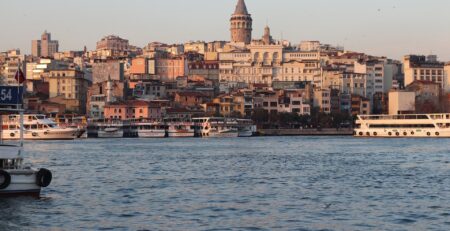
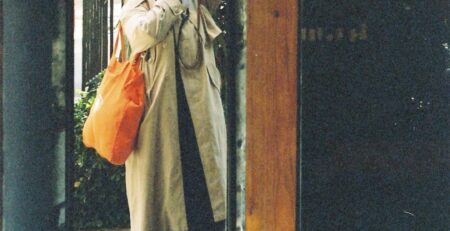
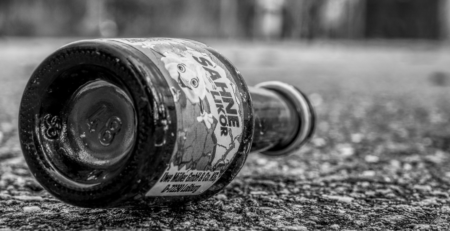

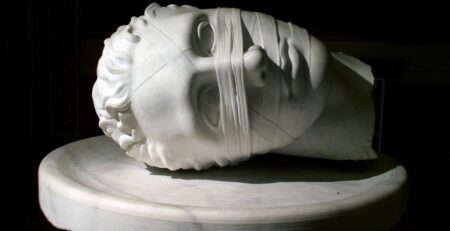


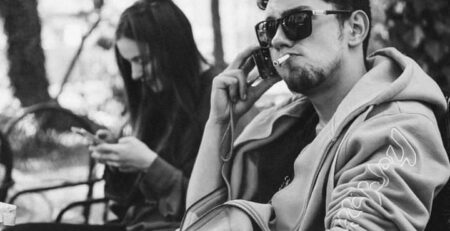
Odgovori